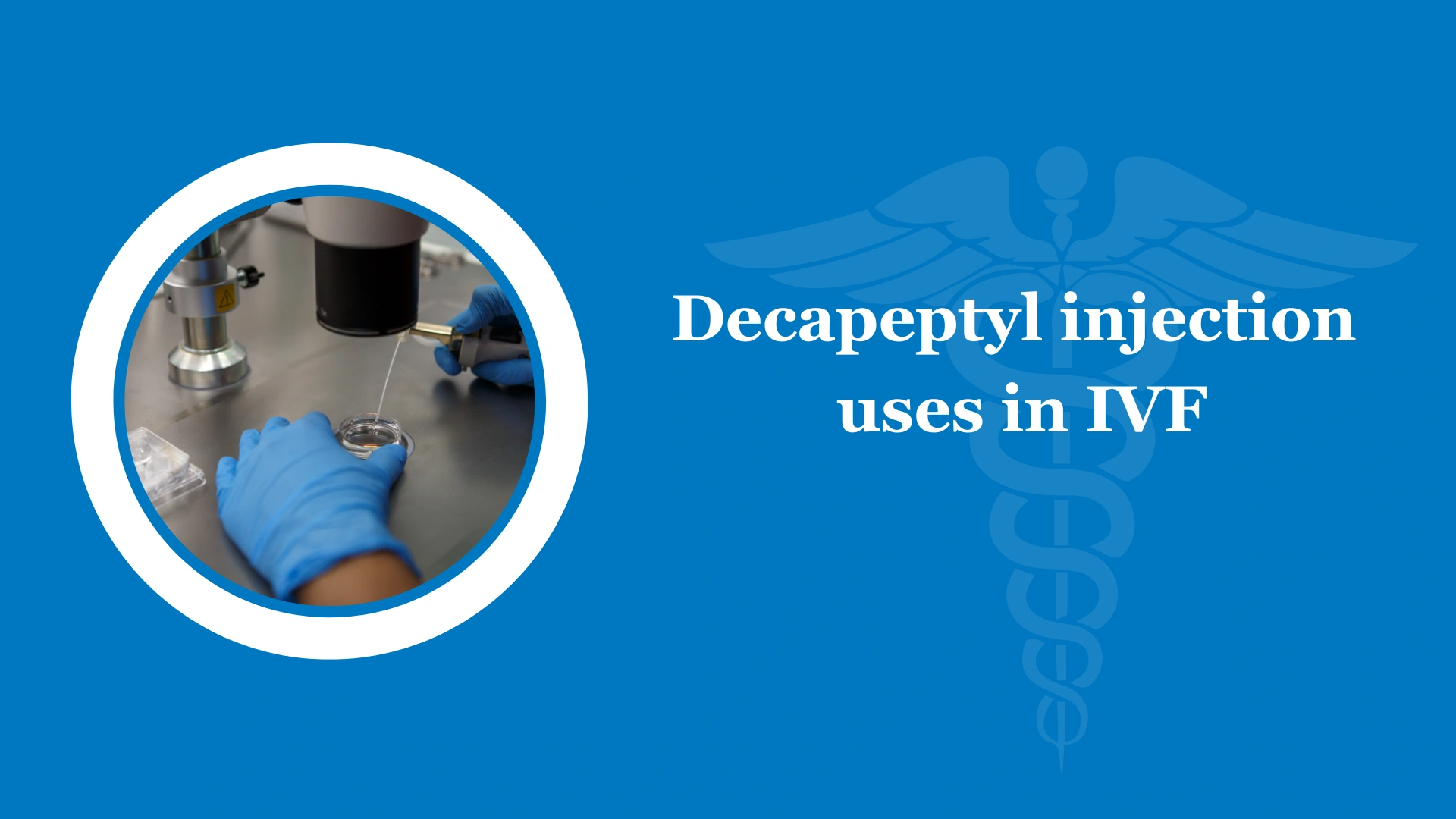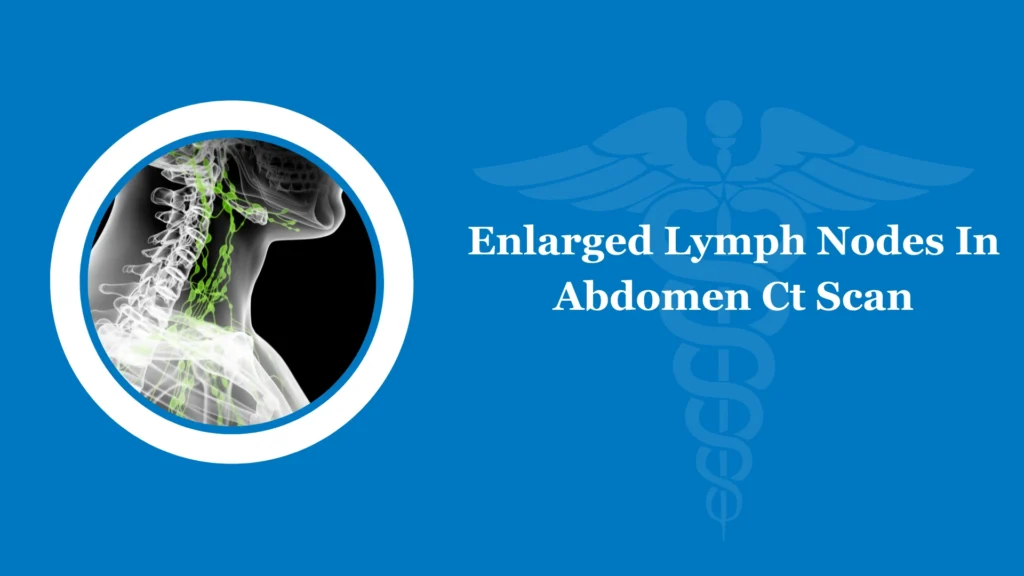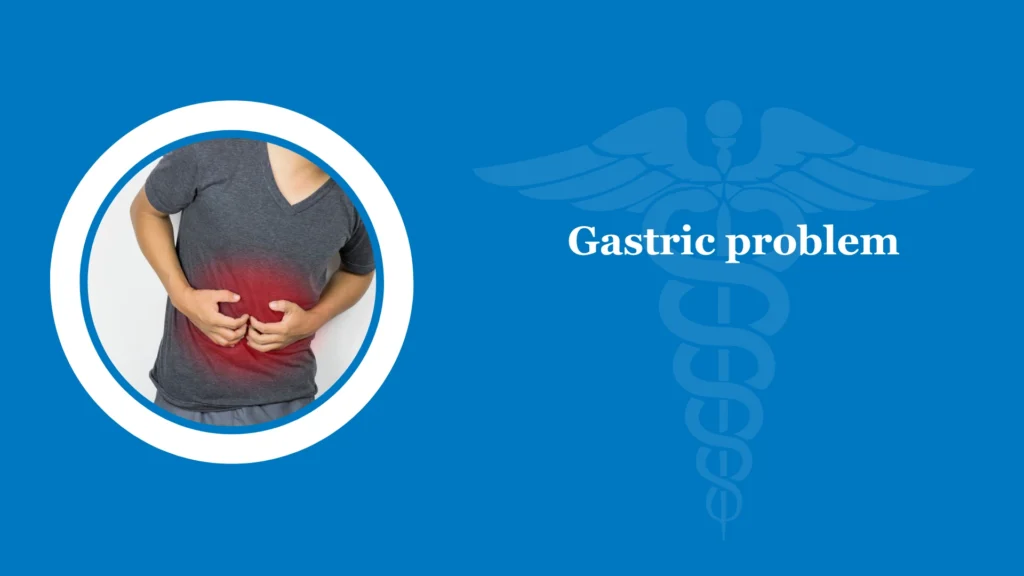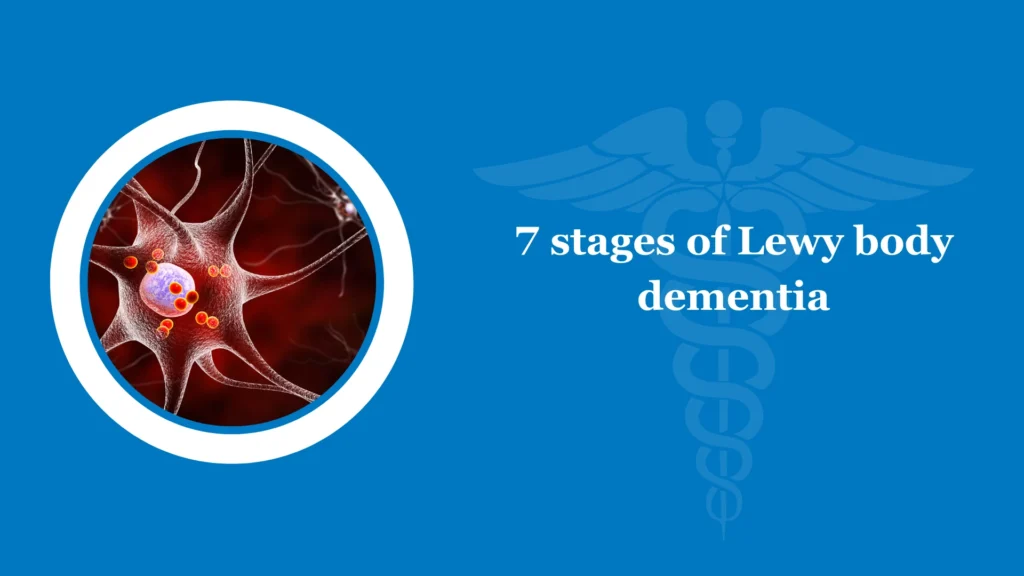Before getting into the uses of decapeptyl injection lets know about Decapeptyl. Decapeptyl is a hormonal drug whose structure is related to Gonadotropin-Releasing Hormone (GnRH) but different in chemical and biological properties. This hormonal drug acts as a hormone controller and has a crucial significance in assisted reproduction treatments especially in In-Vitro Fertilization (IVF).
Decapeptyl injection has an active ingredient called triptorelin that can control ovarian functions. It simply stimulates the functions of FSH (luteinizing hormone) and LH (follicle stimulating hormone) to give an effective result in IVF. In this blog, let’s briefly analyse Decapeptyl injection and its uses.
The Role of Decapeptyl in IVF
Decapeptyl is used in IVF to reduce the secretion of sexual hormones. It is injected into a woman to control the production of estrogen by ovaries. By doing so, ovaries take control over the release of eggs prematurely. This subtle procedure entails the hormonal fluctuations that creates high chances for the success of IVF.
Decapeptyl prevents the spontaneous production and discharge of eggs in the process of IVF. Thus, decapeptyl induce a wide chance for successful fertilization and also embryo transfer.
Applications of Decapeptyl
Decapeptyl is a hormonal drug used to treat female sterility. It is considered and used as a complementary treatment to gonadotropins like HMG, FSH, hCG. This process is carried out during the ovarian stimulation of IVF medication.
This treatment is taken into consideration when there are premature LH peaks that take place before follicle maturation which leads to the production of weak immature ovum or egg cells. It is also used to examine ovarian activity in women who are undergoing transfer of embryos.
Decapeptyl before oocyte puncture as an ovulation trigger
Decapeptyl is used as a bolus (intravenous) that will administer the entire process. It influences the release of FSH and LH within 24-36 hours, triggering the maturation and release of the oocyte which can be drawn out. It is used to stop ovarian hyperstimulation syndrome (OHSS)
Decapeptyl after surgeries or when you want to “stop” cycles
Decapeptyl is used after endometriosis surgery because it may lead to blockage of the ovarian cycle. Thus, hormonal drugs can control the activity of the ovaries of a person who undergoes embryo transfer of frozen embryos. It is also used in women who undergo oocyte donation treatments.
It controls the growth of the endometrium and helps to balance the cycles between donor and recipient in egg cell donation treatments.
Does Decapeptyl have any side effects?
Yes, Decapeptyl has some side effects that are utterly based on one’s health. Some of them vary person to person. The most seen common side effects are:
- Hot flushes
- Joint pain
- Breast tenderness
- Muscle pains
- Change in sex drive
- Unusual tiredness
- Vaginal Dryness
- Difficulty sleeping
- Mood changes
- Persistent noise in the ears
- Pain, swelling or redness at the injection site
- Nausea/vomiting
- Constipation
- Diarrhea
- Shortness of breath, chest pain or rashes due to allergy
- Excessive bleeding
Conclusion
Thus, decapeptyl injection is a key feature in the process of IVF. Decapeptyl controls the hormone and does the needful measures. Before taking any medications, it is advisable to get the guidance of your doctor. You can avail all these benefits only with the proper instructions from a doctor.
FAQs
What is the function of Decapeptyl?
In simple terms, Decapeptyl controls the hormone fluctuations that produce and release the premature eggs.
Does Decapeptyl cause weight gain?
Yes, Decapeptyl causes weight gain. But weight gain may vary from person to person according to their genetics and health and environmental factors.
What can I expect after Decapeptyl injection?
It can stimulate your ovaries and maintain a healthy production of eggs for fertilization. You may also experience some side effects after taking Decapeptyl injections.





















